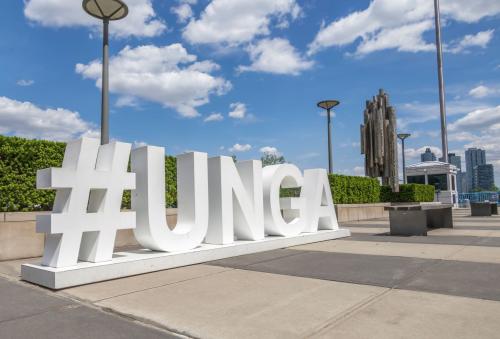Last year’s McChrystal assessment of the situation in Afghanistan famously and dramatically concluded that corruption in the Afghan government was comparable to the insurgency itself in posing a serious and potentially fatal threat to the country. As such, General Petraeus has been right to focus intently on corruption since assuming command.
Yet there have often been problems with the U.S.-led approach to combating corruption in Afghanistan. Although it is partly a matter of semantics and tactics rather than core strategy, we would suggest that the United States and international community more generally reframe the issue. The challenge should be seen, and described publicly, primarily as one of improving governance in Afghanistan rather than tackling a culture of criminality. Afghan government corruption is justifiably offensive to those countries spilling their blood and treasure into Afghanistan, but corruption is merely a symptom of the more fundamental malady; the heart of the Afghan problem is ineffective governance.
If the United States in particular is too blunt, too dogmatic and too unilateral about the corruption issue, we can create several obstacles to success. First, an overly aggressive anticorruption approach is antithetical to our partnering construct and bilateralizes the problem in a situation where the United States is already resented by some in Afghanistan as an overbearing foreign presence. As a result, especially when we have conversations about corruption in public, we make President Karzai defensive, since we are in effect accusing him of running, or at least condoning, a criminal government. There is currently little political will in Kabul to address issues of grand corruption in Afghanistan. An indirect approach to the problem—via broader institutional accountability mechanisms that improve governance—would be less threatening and more likely to stick.
Read the full article at nationalinterest.org »


Commentary
A Realistic Anticorruption Strategy for Afghanistan
October 13, 2010